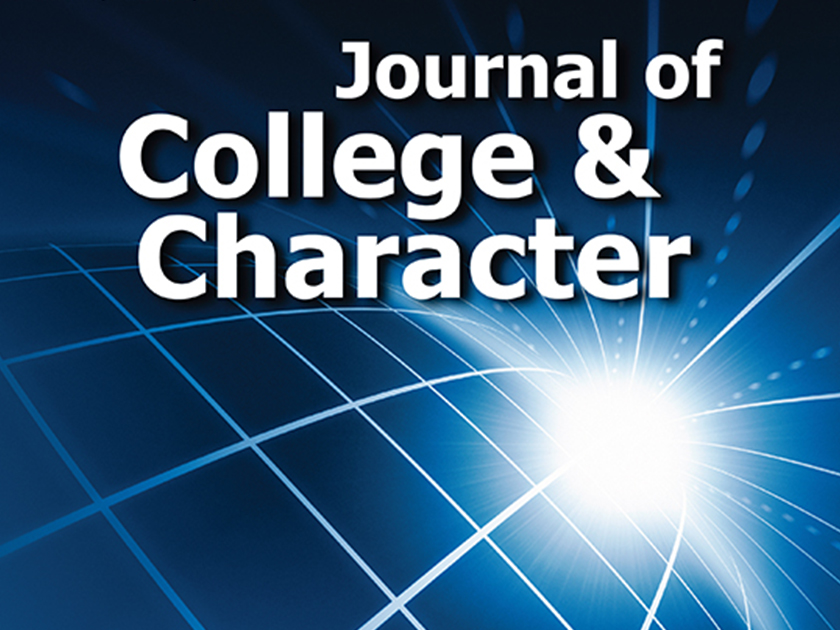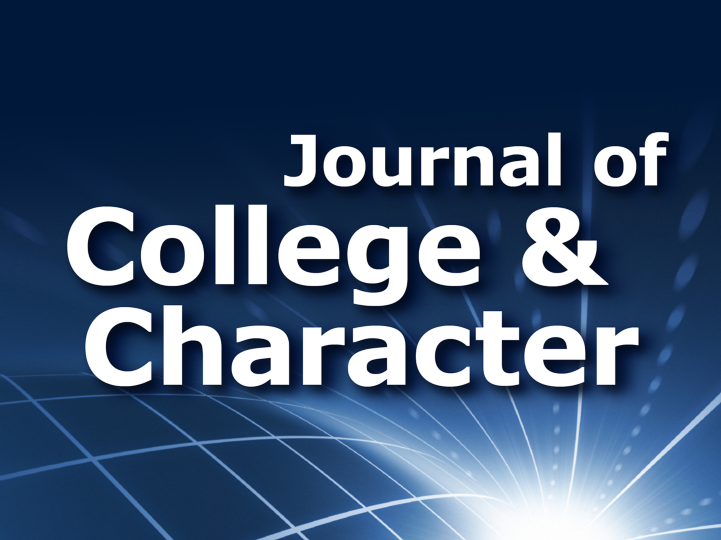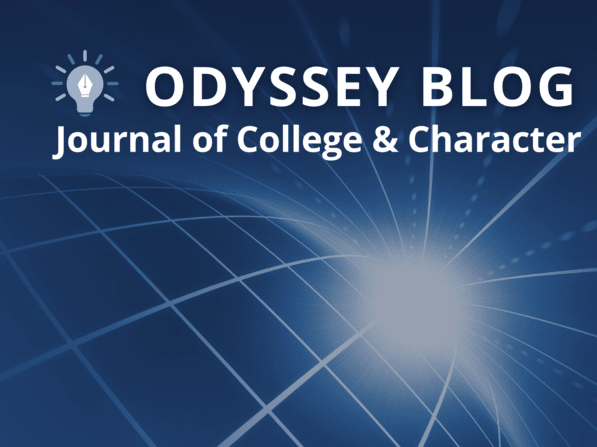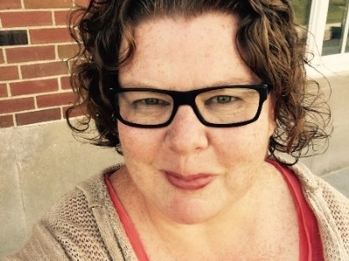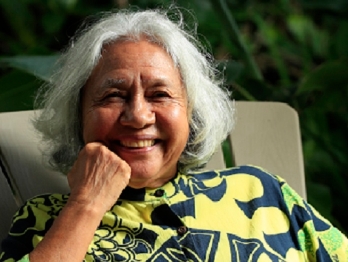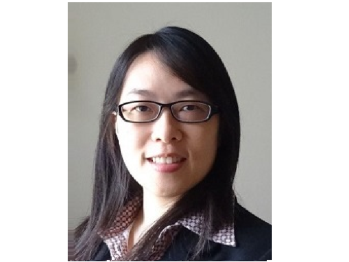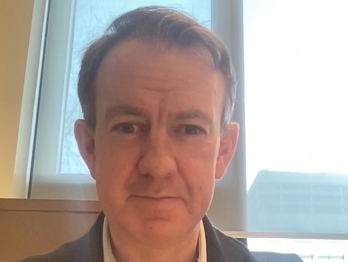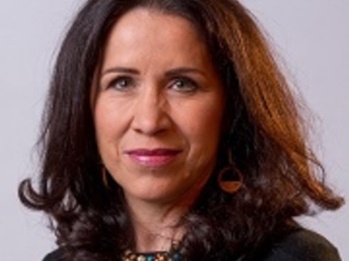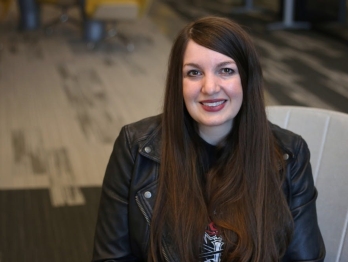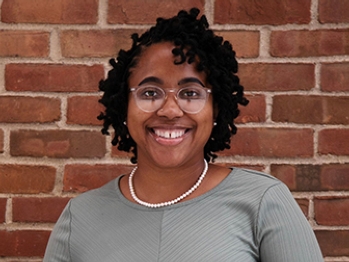January 2026, Vol. 12, No. 1
Editorial Note
As graduate students and professional staff at the University of Minnesota, we reside in the Twin Cities metro area. Our community is still reeling after the death of Renee Nicole Good, and the continuing upheaval in our state and our nation. As higher education professionals, we are faced with showing up to work while simultaneously navigating federal policy, civil unrest, and concern for the safety and well-being of the students, staff, faculty, and visiting scholars at our institutions. Read more.
Five Ways to Tell Higher Education’s Real Story
As another new academic year is well underway, it occurs to me how much caricatures of higher education as a worthless, wasteful enterprise confound me. Lambasted as bureaucratic nightmares filled with professors J.D. Vance once labeled “enemies of the people,” one would think faculty like me enter our offices each day with a sense of dread and shame. The truth is that my department is a pretty productive, joyful place. Our interactions do not resemble passive, soulless meetings like those lampooned on The Office. Read more.
The Next Generation of College Presidents are Ready: Why Aren’t They Hired?
Women are earning the majority of PhDs, but are still lagging in higher education leadership, particularly the college presidency (Melidona et al., 2023; National Center for Science and Engineering Statistics [NCSES], 2024). The pipeline appears, at surface value, to be flush with highly qualified women scholars to ascend to the presidency. In 2023, women were awarded more than half of the doctorates in psychology, education, health sciences, other non-science and engineering programs, social sciences, biological/ biomedical sciences, and agricultural sciences/ natural resources (NCSES, 2024). Mathematically, women should constitute the majority of college presidents. Read more.
Reimagining Mentorship for Full-Time PhD Students: A Reflection for Academic and Professional Development for PhD Programs
The PhD journey is fraught with hidden curricula, and current mentorship programs are not adequately addressing them. These unwritten norms may range from simple acts such as developing a writing attitude, intentionally cultivating social networks, and simply knowing the procedures and milestones of the PhD process (Ardeljan, 2021). A significant proportion of PhD students go through different phases of experience during their studies. In some cases, this may include, but is not limited to, mental health challenges, including depression, and the general lack of advising support. Read more.
